7 things that attract wasps to your yard
Here are 7 ways your yard is attracting wasps
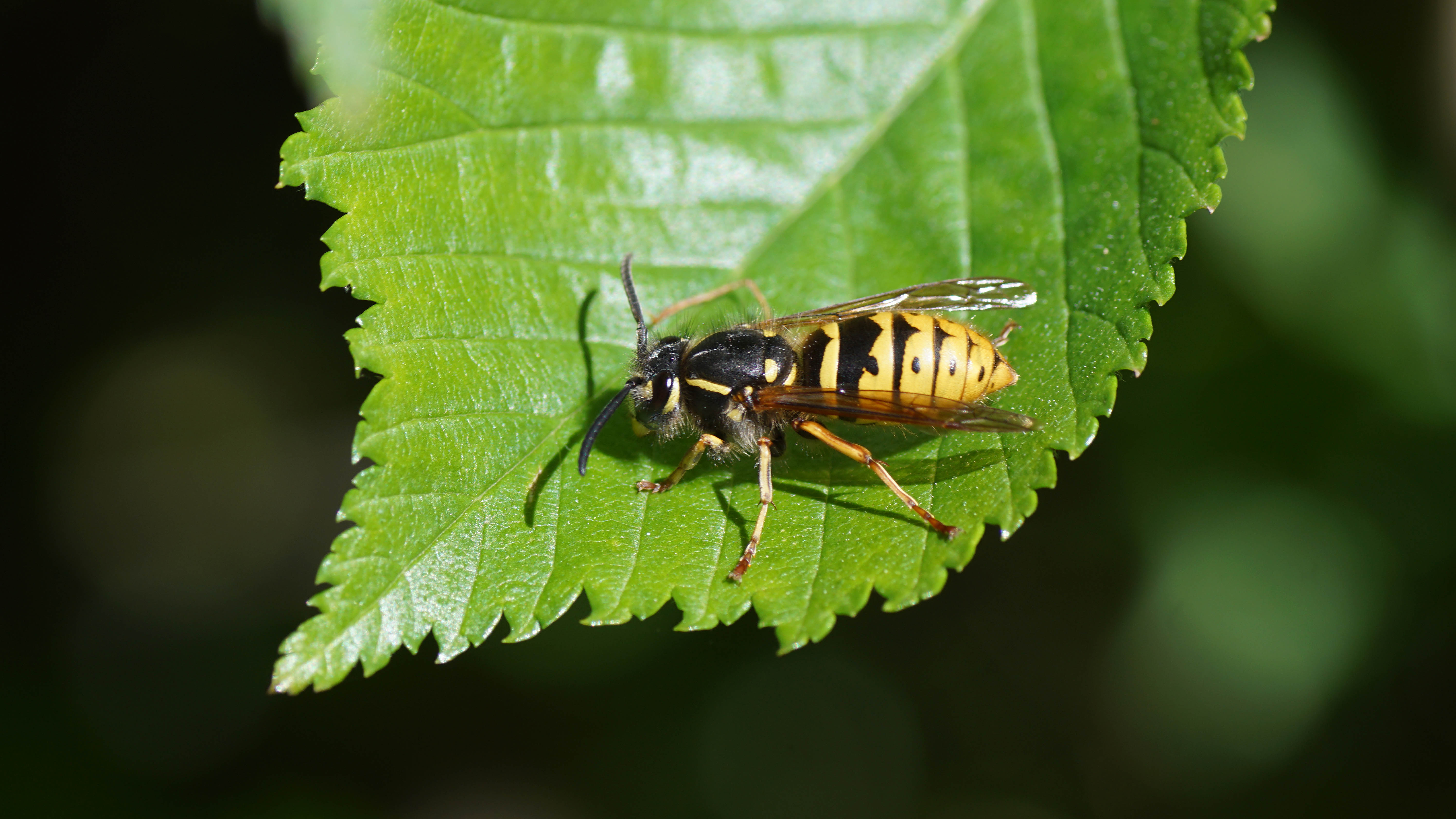
With summer just around the corner, everyone’s flocking outdoors and getting out the best grills. And while we'll take any opportunity for a cookup, there’s an unwelcome visitor which often frequents our yard at this time of year. Wasps can quickly make their presence known during a social gathering, or even while you’re just trying to get some r&r.
The distinct buzzing sound can leave guests running for the hills, trying to take shelter indoors. And for good reason — one sting from these pests will cause a lot of pain, including swelling and inflammation. Should you be allergic, it can even prove fatal.
If you’ve noticed an abundance of wasps in your yard, you might be attracting them without knowing it. To help you reduce the numbers, we’ve pulled together 7 things that attract wasps to your yard. By making some small changes, you could make all the difference.
Plus, here's 7 ways to repel bugs while dining outdoors.
1. Garbage
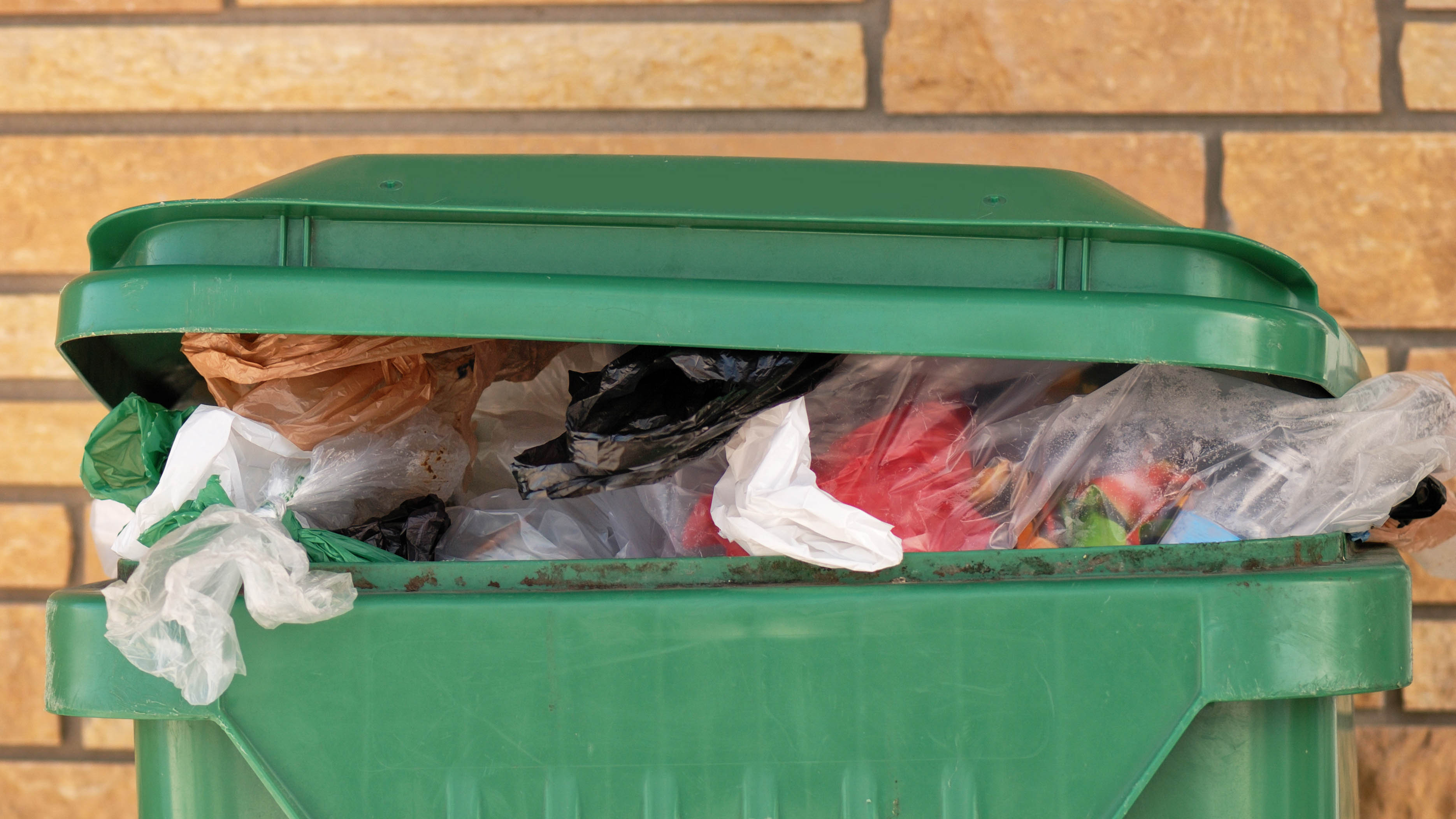
While wasps generally enjoy a diet of nectar and pollen, all kinds of leftover foods will attract them — particularly anything sugary or sweet. That’s why wasps will happily pay a visit when there's overflowing garbage. Make sure your refuse is sealed and emptied regularly. It also helps to take the time to clean it on occasion too, otherwise sticky substances can leave their marks.
Cleaning a trash can is no-one's favorite chore, but it’s essential that you make time to do this, particularly if you suspect it’s attracting pests. Once emptied, move the trash can to an area where you can easily drain it. Rinse it out with a hose, then sprinkle baking soda within. While wearing gloves, scrub the interior with a microfiber cloth and dish soap, then rinse and dry. Don’t forget to clean the rim and lid thoroughly too. Take care to scrub with the grain for stainless steel.
The trash can is also one of the 7 surprising things you can clean with a dishwasher tablet.
Sign up to get the BEST of Tom's Guide direct to your inbox.
Get instant access to breaking news, the hottest reviews, great deals and helpful tips.
2. Sweet drinks
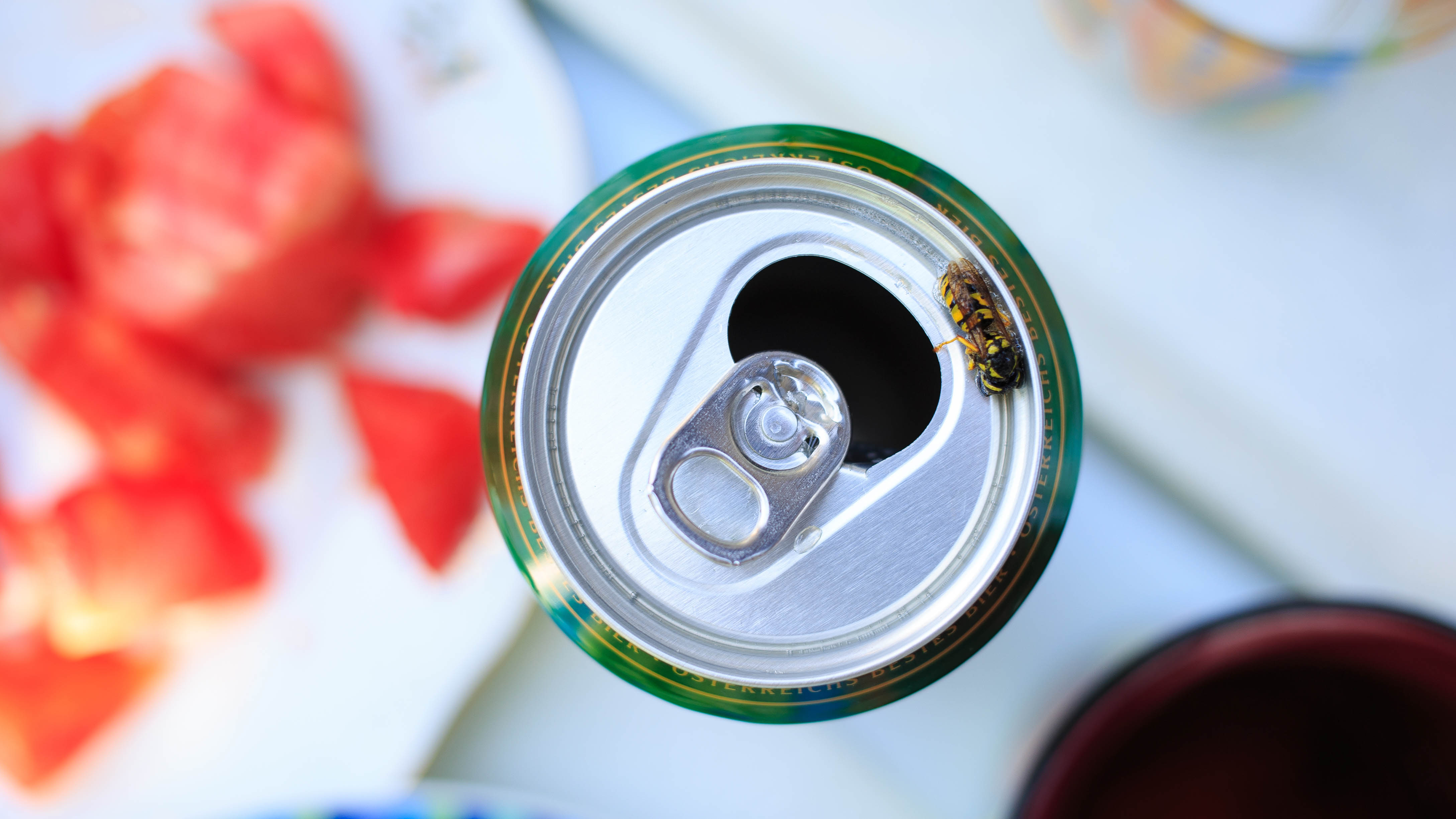
Because wasps love sugar, and sugary drinks are something we often bring out during a party, we felt it was worth its own shout out. Try to keep such drinks indoors, or at the very least, cover them and use a straw to better contain the scent. You can even buy dedicated straw toppers to completely seal off the liquid, such as these Straw Tip Covers ($5.99, Amazon).
Make sure food isn’t left out for any longer than necessary if you’re eating outside as well. As soon as you’re finished, clear it away. If anything sweet and sticky has spilled, be sure to clean up the residue as soon as possible. This will attract all kinds of pests, including ants.
3. Meat
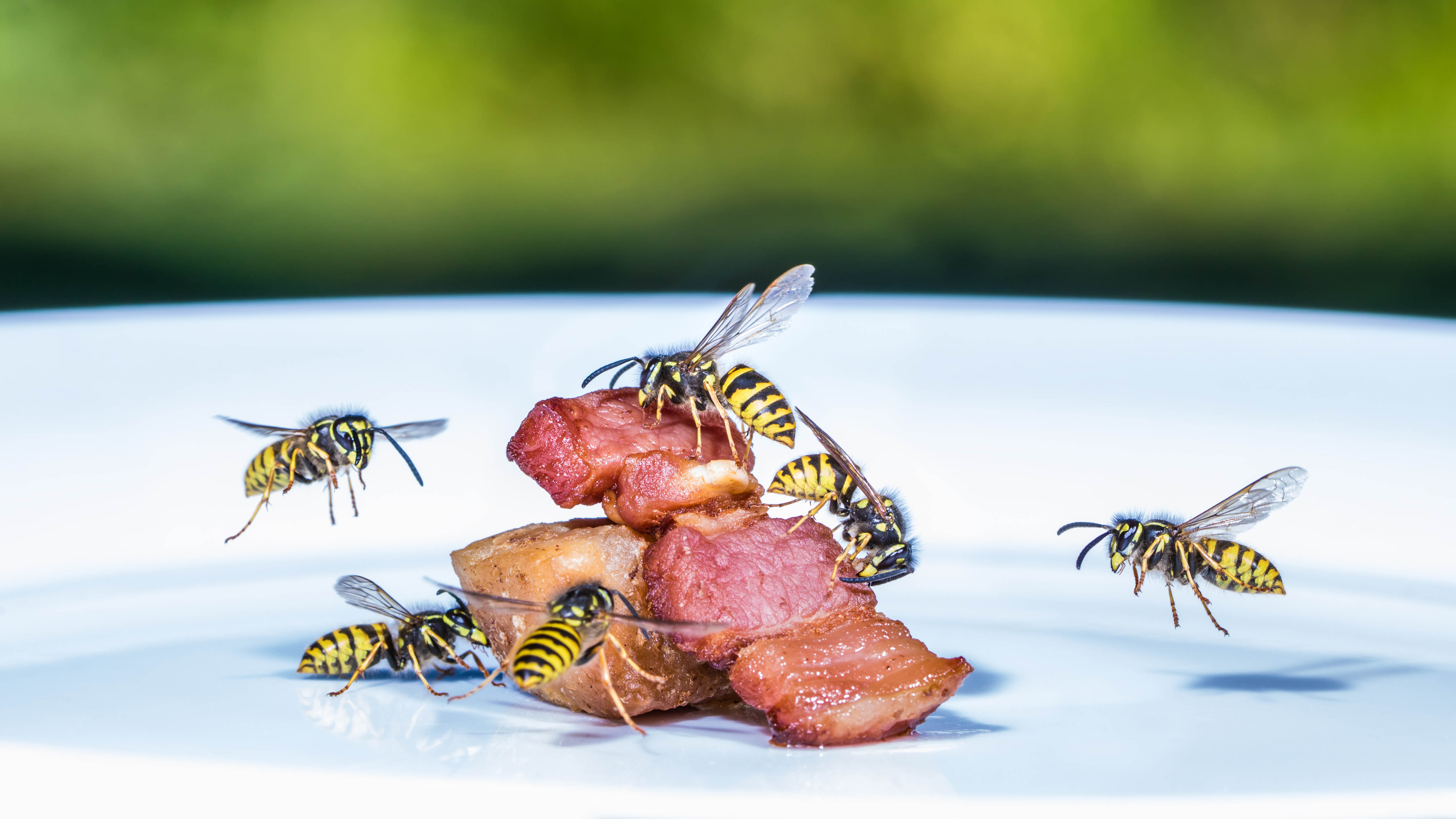
It’s not all about sugar though, some varieties of wasps will harvest meat as well. This contains much-needed protein for feeding larvae. So if you’re grilling fresh meat out in the open, don’t be surprised if wasps inspect the leftovers. Keep such protein sources covered when not in use, with a product such as such Metal Mesh Screen Food Cover Tent Umbrella ($24.56, Amazon). Or alternatively, bring it indoors.
Pet food can have a similar effect, because it too contains protein. This can attract an abundance of pests including racoons and chipmunks, so you’ll want to keep it sealed away.
4. Flowers
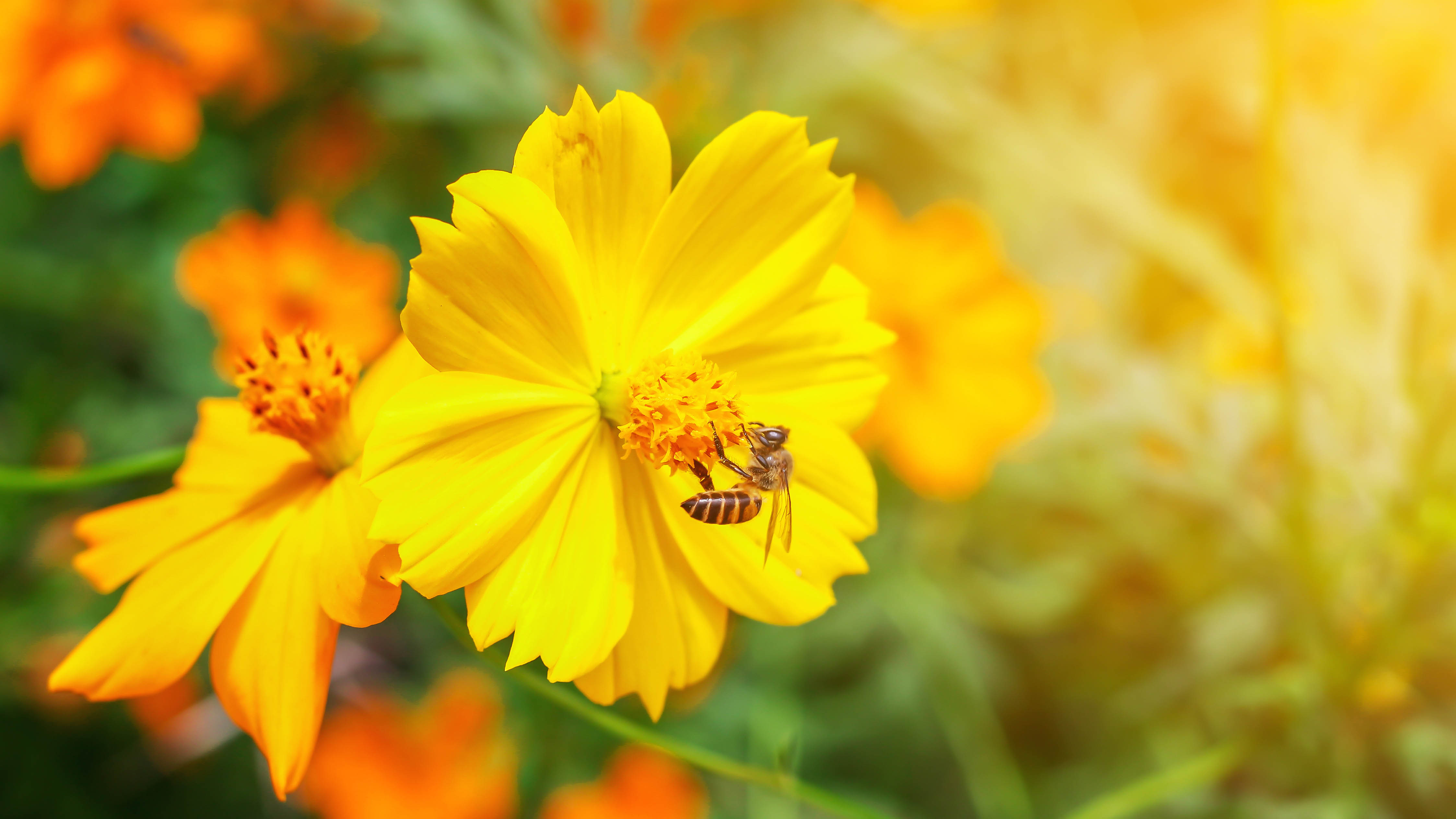
Of course, flowers will be attracting wasps to your yard as well. They’re searching for nectar as well as pollen, and certain flower varieties provide an abundance of this. Vibrant colors of flower have a tendency to attract wasps, including those which are white, blue, purple and yellow. Queen Anne’s Lace and Sweet Fennel are such examples.
While it’s difficult to create a garden which actively keeps wasps at bay, there are certain flowers you can take advantage of. In fact, we’ve found 5 plants that will keep wasps out of your yard. By strategically placing these where you entertain or around points of entry, you can better control where wasps will fly around your yard.
5. Fruit trees
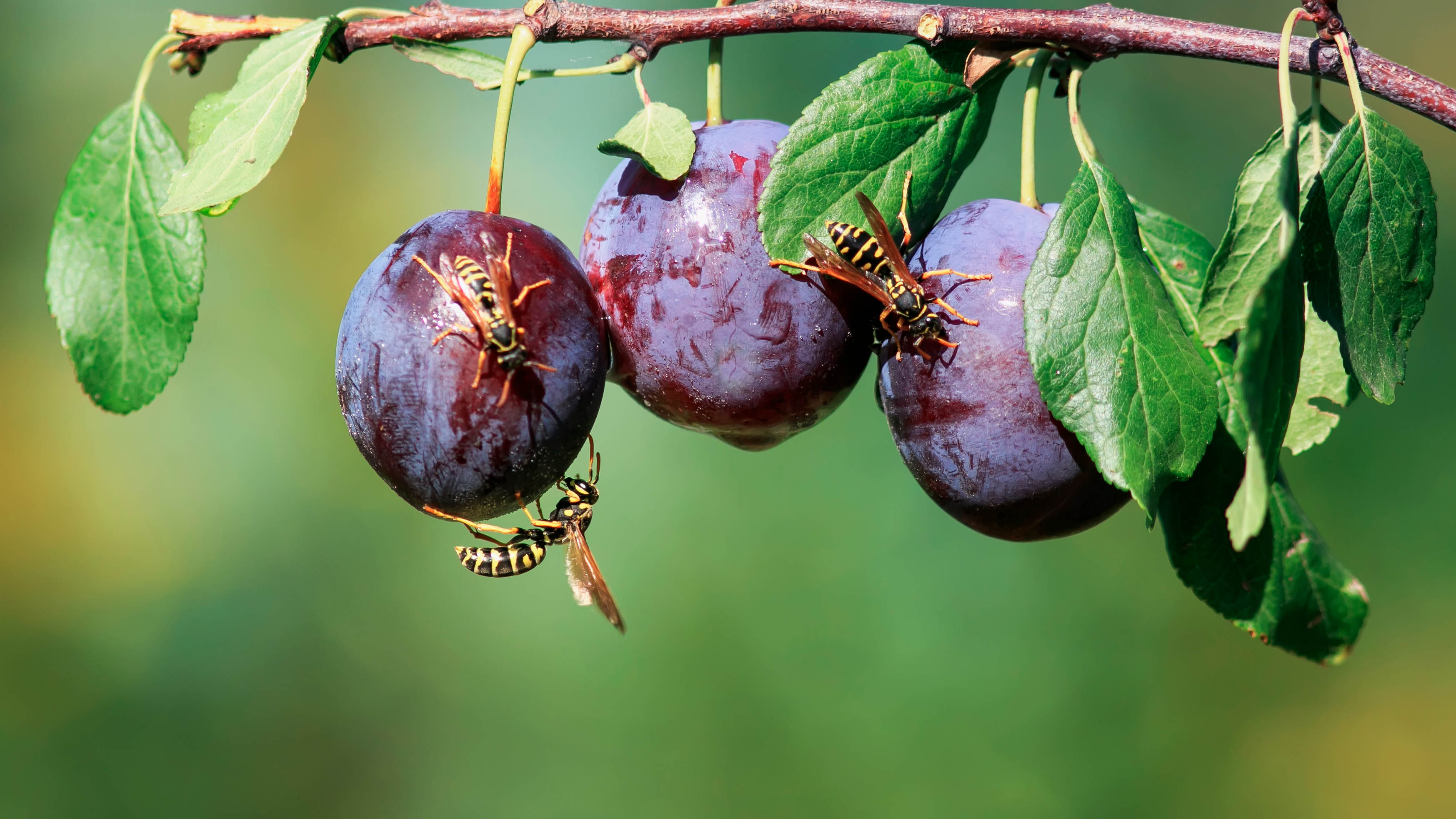
Sugar is a big attraction for wasps, particularly in the late summer — so it should come as no surprise that fruit trees can contribute to a wasp-problem. Once ripe, fruit is sweet and full of sugar, and wasps will gather to feast — particularly once it starts to ferment. Pick up any fallen fruit and harvest those on the branches as soon as possible. Do not leave rotting fruit on the ground as this too will lure wasps in.
The same rules apply to any plants which grow sweet fruits as well, such as strawberries and blackberries. You can protect such plants from wasps and other pests with a mesh net, such as the Purple Star 1N Insect Barrier Plant Tent Cover ($20.99, Amazon).
6. Untreated wood
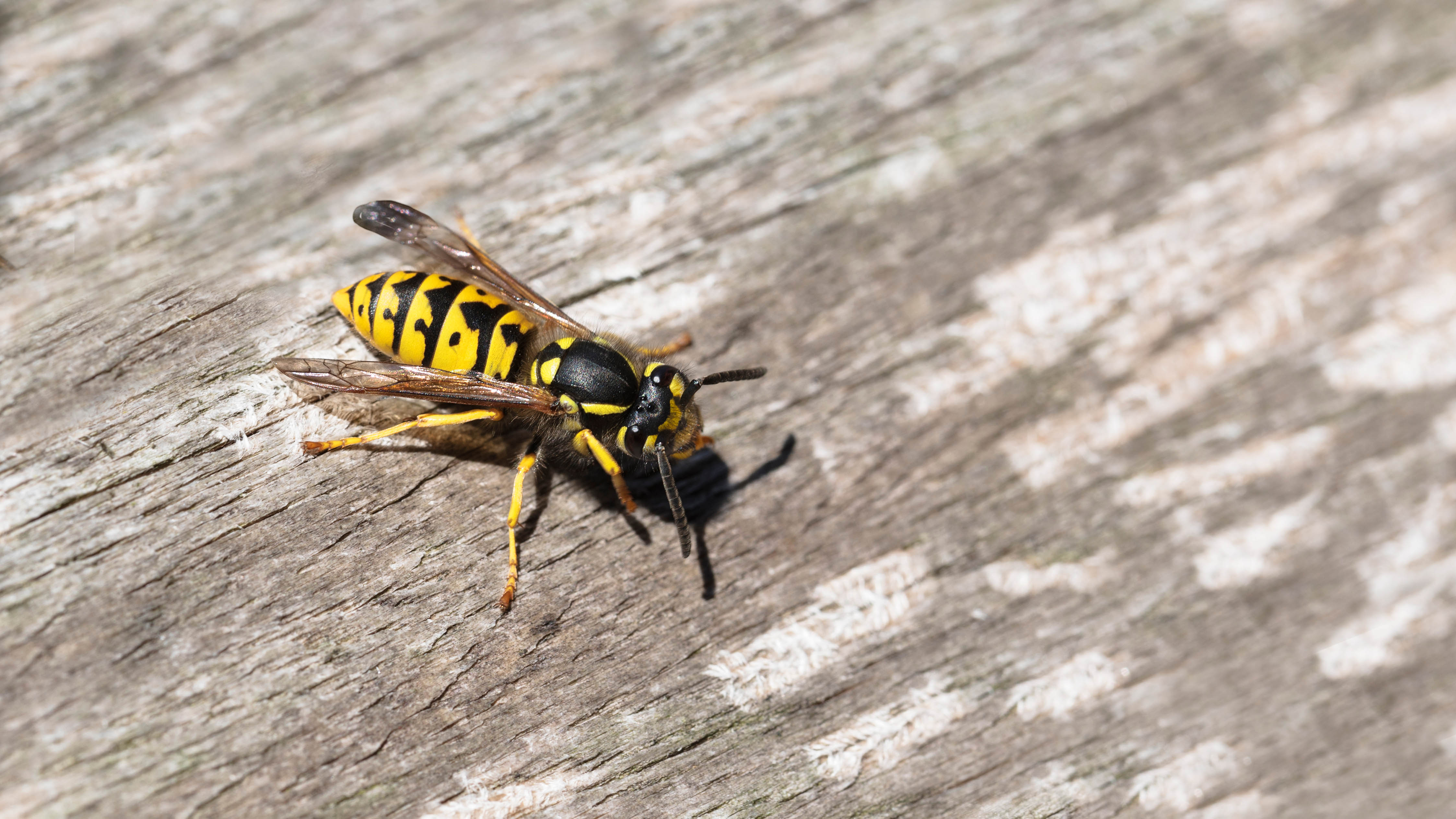
Food isn’t the only thing attracting wasps to your yard. Untreated wood supplies a source of pulp for building nests. That means, despite looking aesthetically pleasing, your unpainted deck or swing set could be attracting wasps from far and wide. You might even notice signs of wasp damage on the wood — it will appear stripped in places.
There’s an easy fix for this. Just make sure any wood stored outside is either painted or sealed, so it’s no longer exposed. This will stop the steady supply of nest-building materials you’re currently providing.
7. Water
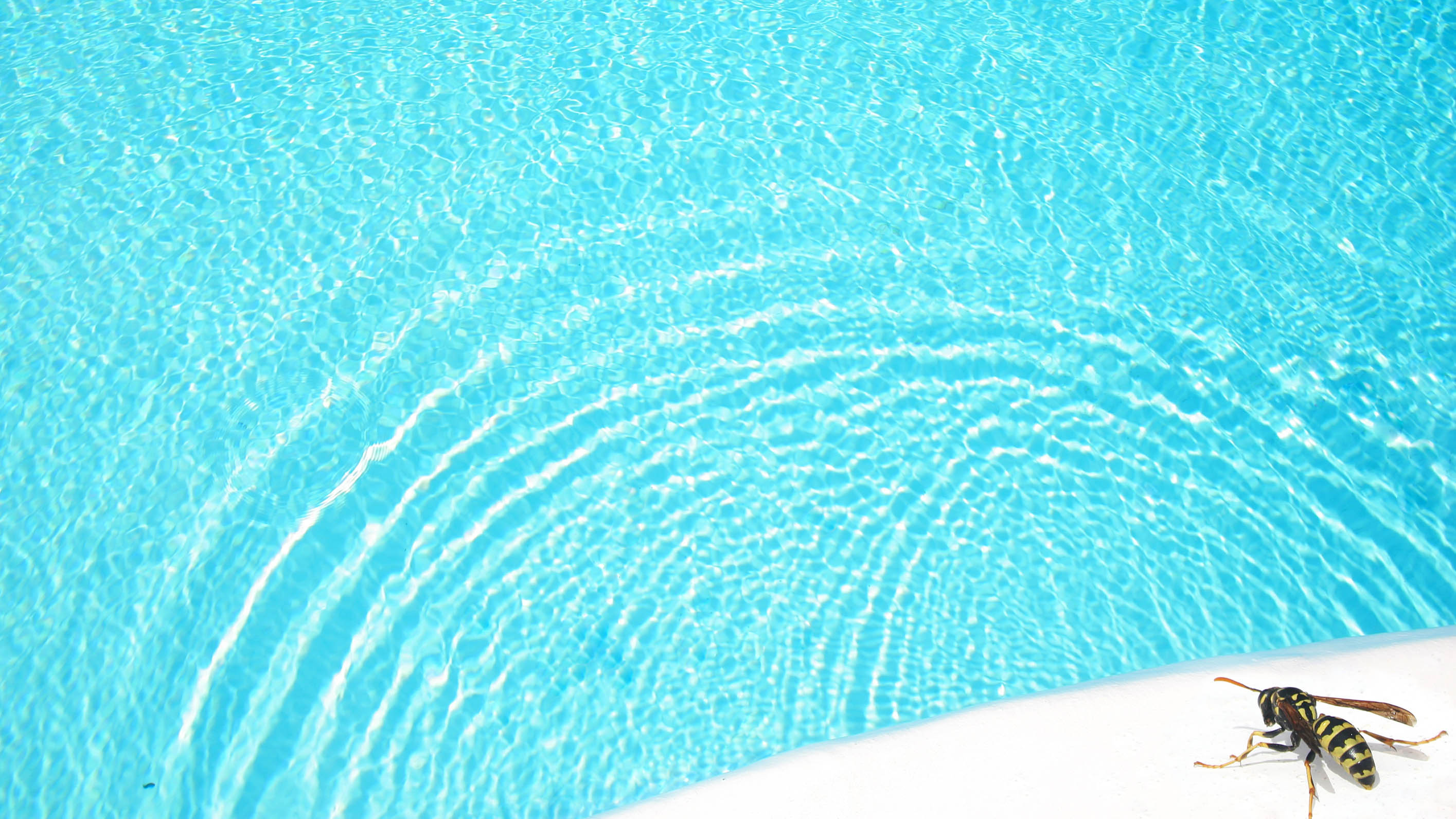
Finally, anyone with a pool will know the fear of a wasp visiting the surface. There’s a reason for this — wasps drink water just like we do. In fact, they will even collect it and take it back to their colony for multiple purposes. It’s a key material for constructing new nests, as well as cooling down the conditions of the current one. So standing water is a big plus point for wasps.
Of course, some sources of water can’t be helped, like your pool. But, you can keep an eye out for those unintentional sources which are contributing. For instance, is there a puddle you can prevent from your downspout? Or do you leave stagnant water in your watering can? You can, of course, cover the pool when it’s not in use as well.
More from Tom's Guide

Katie Mortram used to be a Homes Editor for Tom's Guide, where she oversaw everything from kitchen appliances to gardening tools, as well as smart home tech. Specializing in providing expert advice for cleaning and home manintenance, she now works as Household Advice Editor for Good Housekeeping.
